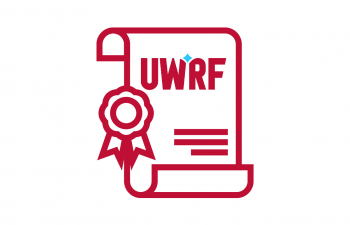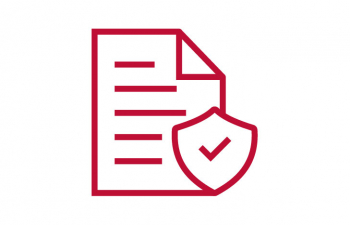Current Students
Currently enrolled in our graduate school psychology program? This page is your one stop shop for all the resources you may need while working towards your degree. Explore below to find handbooks, practicum and internship documents, course sequence info, details about scholarship opportunities and more!


Scholarships and Aid


Candidate Assessment System
Program Curriculum and Course Sequence
Planning is key! Utilize the below links to help plan for program completion. You're also encouraged to seek assistance from your program adviser as you work towards your degree.
Program Handbook
Textbook Info
Based on a review of current required textbooks, you can expect to spend approximately $1250 on textbooks throughout the program. Prices vary depending on preferences (hard copies versus electronic copies, etc.). Some students rent books and purchase others that are used in multiple courses.
Where do I purchase or rent my books?
Amazon and Chegg are popular options but you can find many options, including textbooks.com, Campus Book Rentals, Cengage, ecampus, etc. Choose the option that works best for you!
When should I purchase/rent my books?
You should plan to purchase and/or rent your books prior to your first planned course meeting.
How will I know what books I need?
Professors will email you a list of required textbooks at least one week prior to classes starting.
Should I buy or rent?
This is up to you! Required textbooks are chose with care and with an intention to serve as professional resources beyond graduation.
Textbook estimates per year:
- Year 1 (M.S.E., Year 1): $730 for summer, fall and spring
- Year 2 (M.S.E., Year 2): $305 for summer, fall and spring
- Year 3 (Ed.S., Practicum): $215 for summer, fall and spring
- Year 4 (Ed.S., Internship): $0 (no required textbooks for internship seminars, however interns often choose to purchase various practical resources on their own)
Leadership Opportunities
Students are encouraged to seek leadership opportunities beyond the classroom. Below is a list of opportunities that open for application each year during the spring semester. For more information about these positions, email scott.woitaszewski@uwrf.edu.
- Graduate Assistantships
- NASP Student Leader (National Association of School Psychologists)
- WSPA Student Leader (Wisconsin School Psychologists Association)
- MSPA Student Leader (Minnesota School Psychologists Association)
To apply for any/all of those position, complete the application form. The form has additional details and expectations for each position.
Practicum and Internship Information
Graduation
- The Master of Science in Education (M.S.E.) Degree: In the spring of your second year, school psychology candidates must submit an application for graduation to the Registrar's Office. The application can be found, completed and submitted through eSIS.
- The Educational Specialist Degree (Ed.S.): In the spring of your internship year, school psychology candidates must submit an application for graduation to the Registrar's Office. The application can be found, completed and submitted through eSIS.
Directions for submitting graduation applications can be found here. For more information, contact scott.woitaszewski@uwrf.edu or the Registrar's Office at registrar@uwrf.edu or 715-425-3342.
Full Commencement details can be found on our Commencement webpage.
Student Program Evaluation Requirements
Values Statement Addressing Diversity
Values Statement Addressing Diversity
The School Psychology Program supports a comprehensive Values Statement Addressing Diversity. The full version of the statement is available in the student handbook. Abbreviated key points are as follows:
- The central value of the UWRF School Psychology Program encompasses respect for diversity, inclusion, and for ways of being different from one's own.
- This value coincides with ethical standards consistent with the field of school psychology as set forth by the National Association of School Psychologists (NASP) and the American Psychological Association (APA).
- School psychologists must provide their services in a sensitive and responsive manner to the needs of all of their clients, including students, families, and colleagues, particularly in light of their various cultural identities.
- UWRF school psychology program candidates are expected to be open not only to learning about people from diverse racial, ethnic, and class backgrounds; national origins; religious, spiritual, and political beliefs; physical abilities; ages; genders; gender identities; sexual orientations; and physical appearances, amongst others, they are expected to be open to be informed by the experiences of others and to become responsive to the myriad of needs of such persons they serve in the field.
- Consistent with professional and ethical duties, UWRF school psychology program candidates are expected to work with persons from diverse backgrounds different from their own, and they are not excused from such work based on any personal beliefs for whatever reason.
Related Links:

